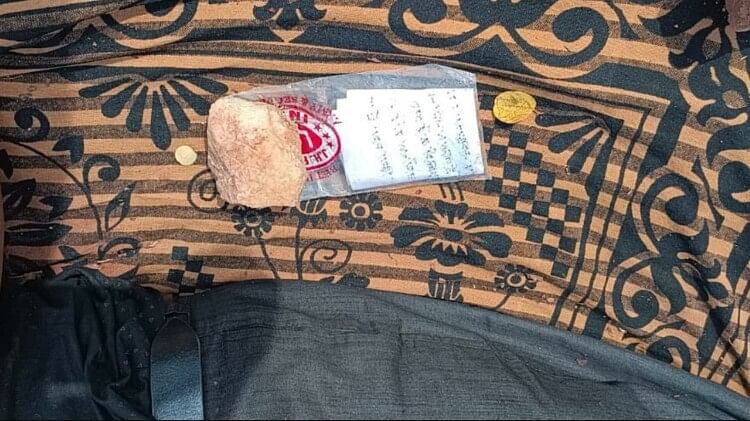
Are you aware that kidney stones can lead to kidney failure if not treated on time? Shedding light on the same, Dr Nitin Shrivastava, Urologist, Artemis Hospital, Gurugram shared a video on Instagram, where he highlighted the complications of ignoring symptoms like fever or Urinary Tract Infection (UTI). This can be detrimental to your health as it indicates an urgent situation in which an obstructed urine flow is becoming infected, which can lead to pus production. It can cause severe infection moving into the bloodstream known as sepsis (a life-threatening complication of an infection).
In an interaction with our expert, we discussed kidney stones and their symptoms to avoid ending up in the emergency department for pain relief.
6 Symptoms Of Kidney Stones
Here are some symptoms of kidney stones that you should not ignore:

1. Pain In The Sides, Back, Or Abdomen
Dr Shrivastava explained that kidney stones usually cause pain in your sides, either on your left or right side. It depends on where the stone is located; for example, if the stone is in the kidney, the pain will be felt on the sides and towards the back. If the stone slides down into the pipe known as the ureter, the pain will begin to move down towards the front and into the groin area. The pain usually manifests itself in a colic manner. This means that there will be a rapid onset of intense pain that will be relieved after some time, either on its own or with medication, only to return. This pain radiates from your side or back, down to the same side’s groin area.
Also Read: If You Are Obese, Your Kidneys Are At Higher Risk, Expert Explains
2. Pain While Urinating (Dysuria)
People with kidney stones also have difficulty passing urine. There may be pain or a burning sensation when urinating. Dr Shrivastava added that there may also be an accompanying urgency, which means the patient feels an urgent need to pass pee that cannot be delayed, and the urine may leak, saturating the undergarment. A burning feeling when passing urine might also be a sign of UTI, which is sometimes caused by the stone itself.
3. Blood In Urine (Hematuria)
Dr Shrivastava said, “Kidney stones can produce both a visible bleeding in urine and a microscopic bleeding in urine, which is not visible with the naked eye but is detected during a routine urine examination. This is caused by the stone causing discomfort to the inside of the kidney or the ureter. This bleeding can be rather terrifying at times and is usually linked with pain. The patient comes with usual side or flank pain (pain on one side of the body, between the upper abdomen and the back) and blood in the urine. These symptoms indicate the presence of a kidney or ureteral stone.”
4. Fever Or Chills
In many cases, the patient may even experience fever as a result of kidney stones. Do not ignore this symptom as it can be a serious complication of kidney stones. Any kidney stone that is accompanied by fever is an emergency that requires you to see your urologist as soon as possible.
Also Read: Kidney Stones And Gallstones: Aren’t they Similar? Let’s Find Out

5. Vomiting
You may also experience nausea and vomiting, especially if the stone has gotten into the urinary pipe and impeded the flow of urine. When the urine flow is impeded, the kidney swells and urine accumulates. This results in nausea and vomiting in patients.
6. Recurrent UTI
Dr Shrivastava highlighted that stones, particularly those with a smooth surface, can occasionally occur only with a urinary tract infection. There is less pain and vomiting since the inside of the kidney is only slightly irritated, but the stone itself can induce a UTI. If there is any degree of urine flow obstruction, this infection can worsen and the patient develops a fever, which can be a high-grade fever with chills.
Bottomline
When a stone blocks the ureter (the tube that carries urine from the kidneys to the bladder), it can cause a buildup of urine in the affected kidney, leading to pressure and potential damage to the kidney tissues. It’s important to seek medical attention if you suspect you have kidney stones or are experiencing symptoms associated with them. A healthcare professional can evaluate your condition, provide appropriate treatment, and offer advice on preventing future stone formation.





You must be logged in to post a comment.